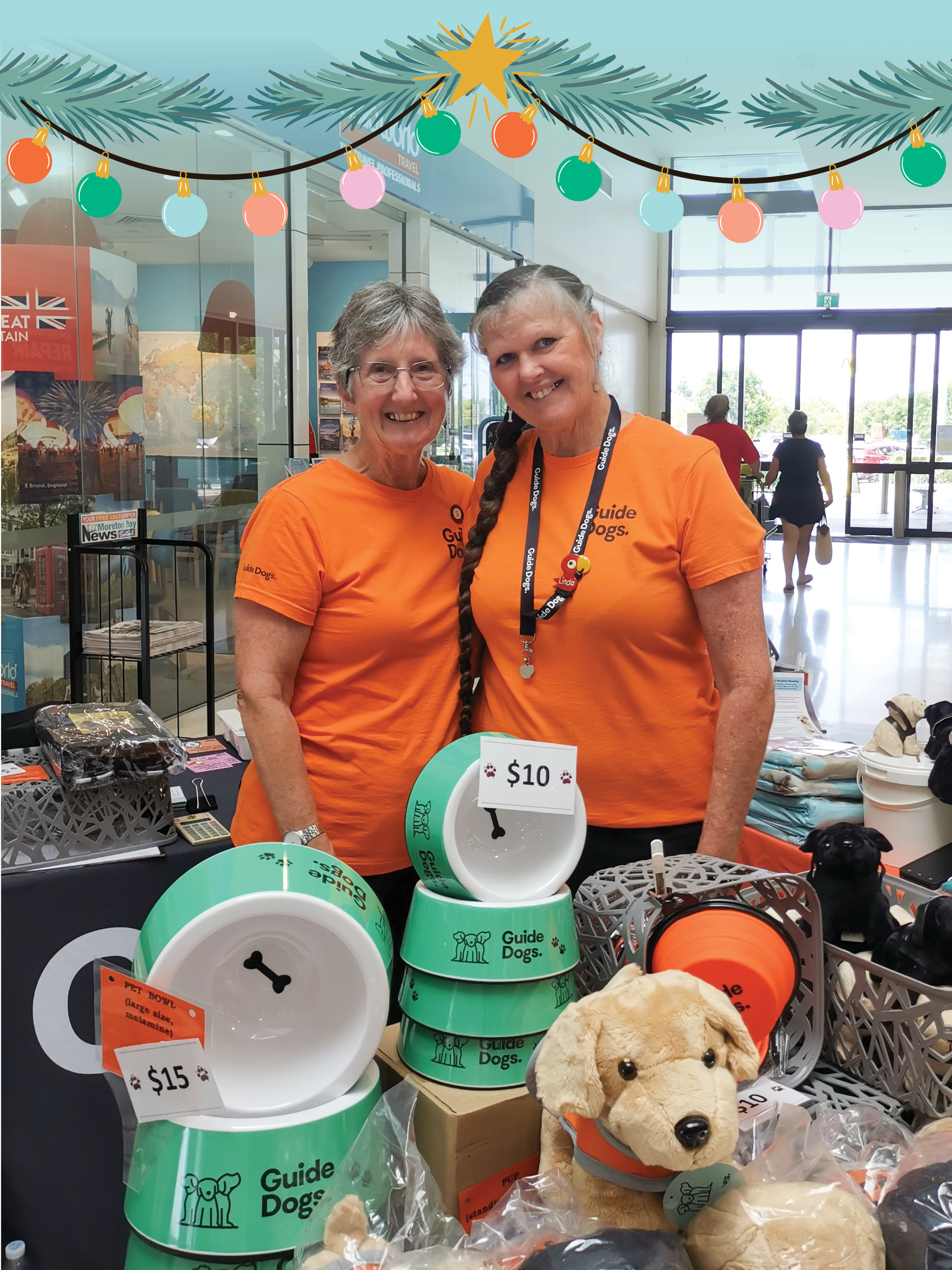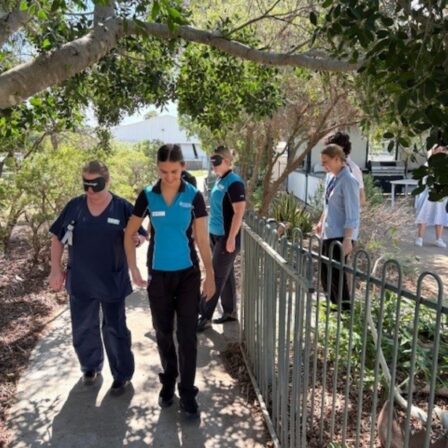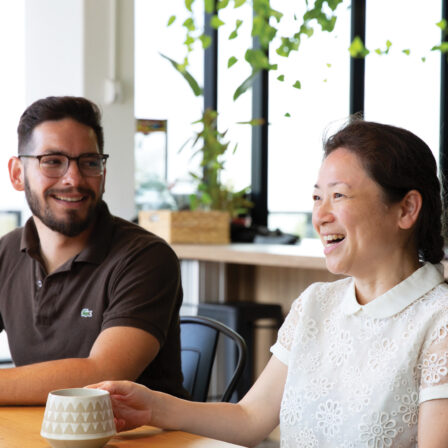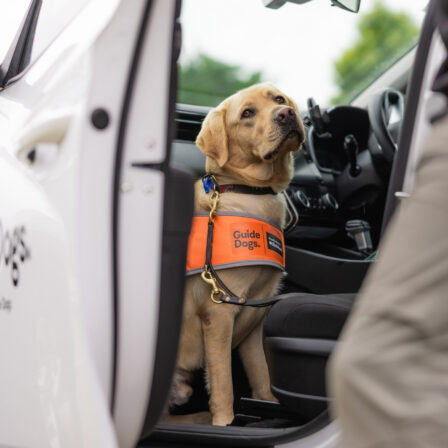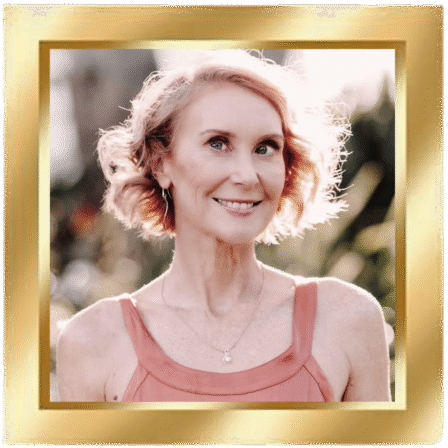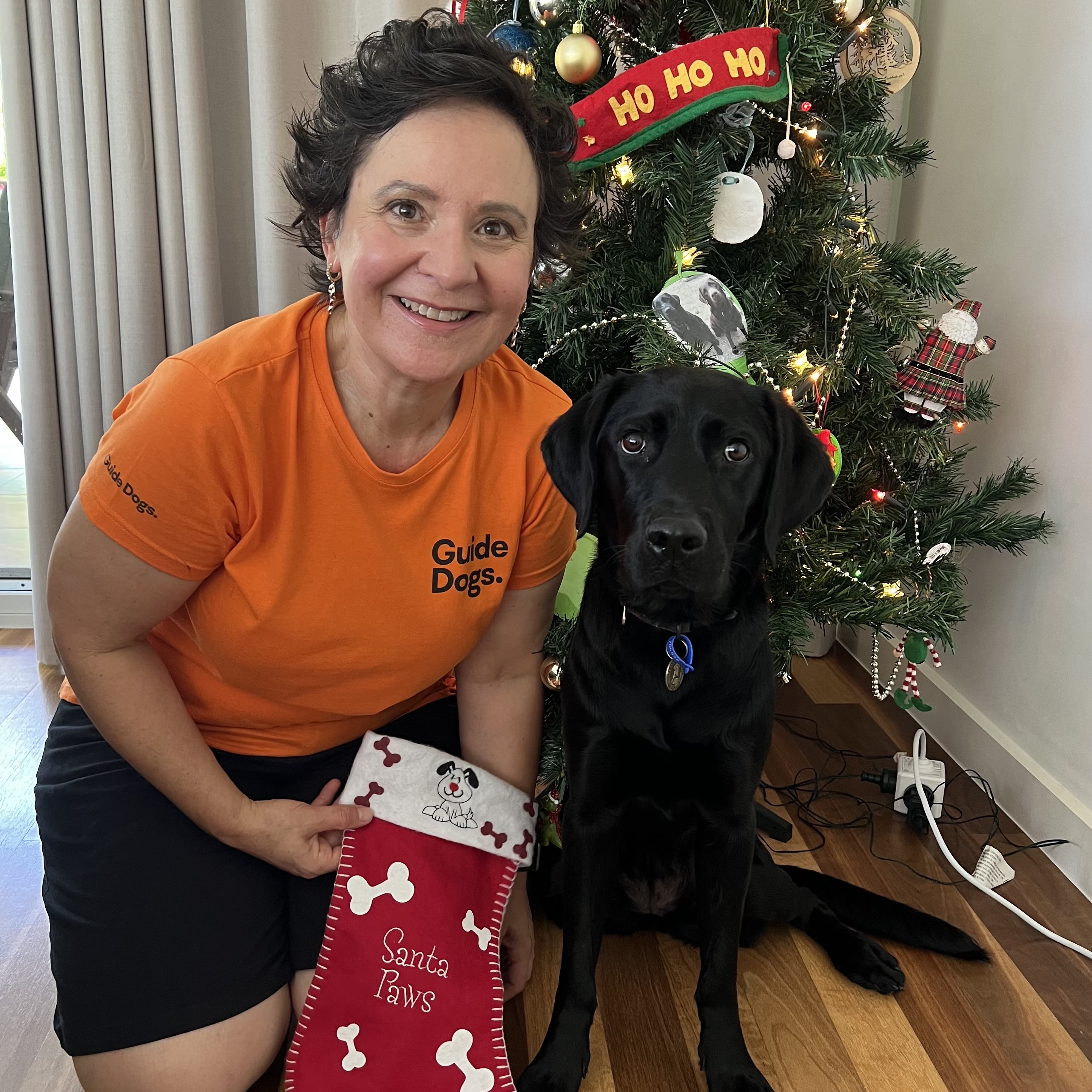News
Tania and Kyle’s Story

When new mum Tania gave birth to triplets – Julius, Kyle and Luke – she was ecstatic that they all appeared to be healthy.
Like many first time parents, the first few months were a whirlwind as Tania and Allen adjusted to the massive change in their lives caring for three newborns. However, it wasn’t long before they began to notice that the eyes of one of the boys, Kyle, seemed to be almost constantly moving.

Beginning to suspect something could be seriously wrong, they sought advice from an ophthalmologist.
Unfortunately, their fears were confirmed as Kyle was displaying signs of a condition called Leber’s Congenital Amaurosis – a rare genetic disease caused by both parents carrying the recessive gene, which causes severe vision impairment.
“We were heartbroken to think that Kyle could not see and felt helpless that there was nothing we could do to remedy the situation. It was devastating to think he would never get to experience even just the simplest pleasures in life, like watching the sun rise or set.”
Many of us fear losing our vision with age, but could you imagine being told your newborn baby would never be able to see the world?
That’s when Tania and Allen reached out to Guide Dogs Queensland and the support Kyle received changed the course of his life.
With the help of his instructors, Kyle was able to learn how to use a cane properly and receive the support he needed to stand on his own two feet. He had the opportunity to attend school holiday camps alongside other children with low or no vision to grow his skills and confidence. His family also received training to help them understand his daily challenges and how they could assist.
We know from experience that the first few years of life are crucial for a child with low or no vision to gain the skills they need to become confident and successful adults in the future.
“Having a child with a disability is a very lonely journey,” Tania said. “When we learned there was actually a whole organisation focused on helping people who are blind or vision impaired like Kyle, it was just an incredible feeling.
“Having the support and knowing we weren’t in it alone was worth nearly more than the actual tools and techniques the instructors taught Kyle.”


